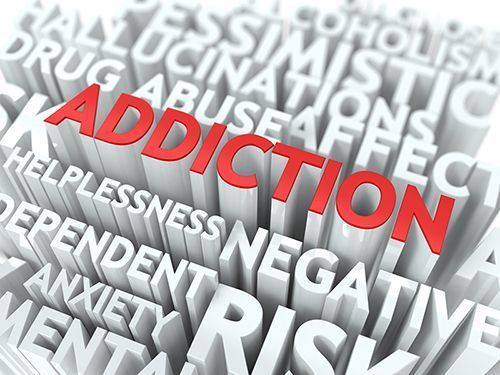By Sumedha
When does one get diagnosed with Substance use disorder or Addiction?
How does one know that they are suffering from addiction?
Signs and Symptoms of Substance use
- Loss of control over intake, increased intake, impaired control over intake.
- Social Impairment and Occupational Impairment.
- Risky use: Even when one knows that it causes them harm or has caused them harm in the past one continues to use it.
- Tolerance: An increased amount is required to have the same effect.
- Withdrawal: physiological symptoms like excessive sweating, and tremors in the absence of intake.
Potential Causes:
- Current life stressors.
- Family History of Substance use.
- Peer pressure/ social company.
- Personality and temperamental factors.
BATTLING WITH THE THOUGHTS OR BATTLING WITH ADDICTION: WHAT’S TOUGHER? HOW THOUGHTS CAN INHIBIT A STEP TOWARDS ABSTINENCE:
BATTLING WITH THE THOUGHTS?
Thoughts that could stop one from taking the step towards abstinence/ de-addiction:
- “What else will I rely on?”
- “It drives me crazy if I do not take it”
- “It’s the only thing that gives me company, how can I leave it?”
- “The people around me drive me crazy/ annoy me that’s why I have to take it” / “I need it to deal with people around me.”
- “It takes me to a different space where I am not mad anymore”
- “It’s not harming my body, I can handle it.”
- “I know how to control my intake”
- “It shuts my mind of all the negative thoughts”
- “There’s nothing wrong with me, I don’t need help”
- “It’s not like my life is going to change or the problems are going to vanish away if I leave it”
Frequent thoughts can lead to the perpetuation of the cycle. Thoughts leading to relapse despite a determination to leave:
- “A little won’t hurt”
- “I need it to feel active”
- “It helps me with confidence/ I don’t feel confident without taking it”
- “How can I not have it when others around me are having it?”
- “This is the last time I am going to have it”
- “Will start from tomorrow”
- “I will never be able to leave it”
- “Even if I try leaving it, I’ll somehow get back to it”
- “My previous attempts haven’t worked so there’s no point”
- “There is too much stress at home, I need some relief so I will take a little”
- “I cross the same streets every day, can’t stop myself when I see my friends take it.”
- “I am weak and helpless”
- “There is no fun without it/ Life seems monotonous without it”
- “I am anyway the black sheep of the family, no one cares”/ “No one cares if I leave it or not”
MANAGING THE THOUGHT INTERLOCK & IS THERE REALLY A NEED TO BATTLE THE THOUGHTS?
- Letting go of the battle: understanding that our thoughts do not make our minds a battlefield.
- Managing craving: Identifying triggers and patterns.
- Distraction.
- Deep breathing.
- Talking about the craving and barriers to abstinence.
- Reviewing the pros and cons.
- Positive and Affirmative self-statements.
- Identifying aspects that helped you stay abstinent in the past.
- Identifying self-destructive statements.


